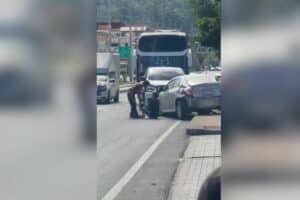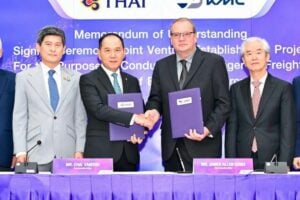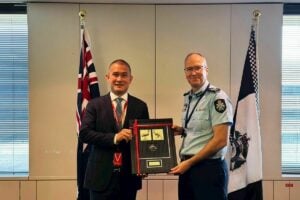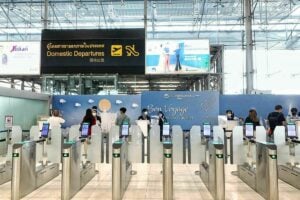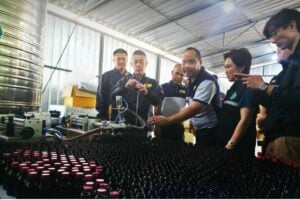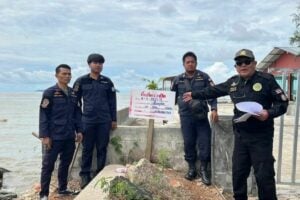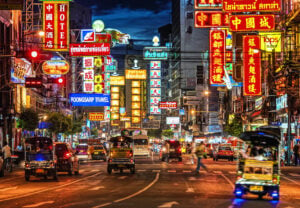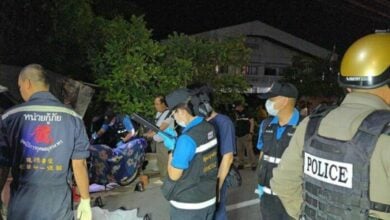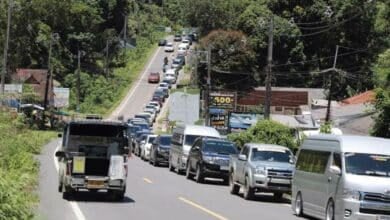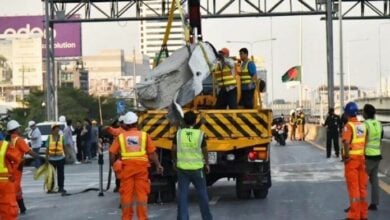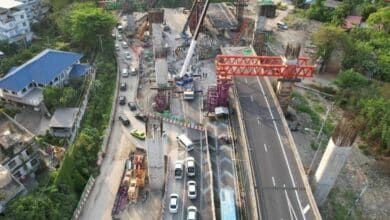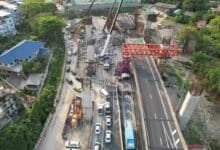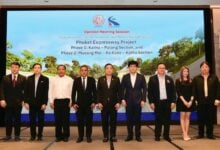Thailand plans 71.6 kilometres expressway connecting Samut Sakhon and Samut Prakan
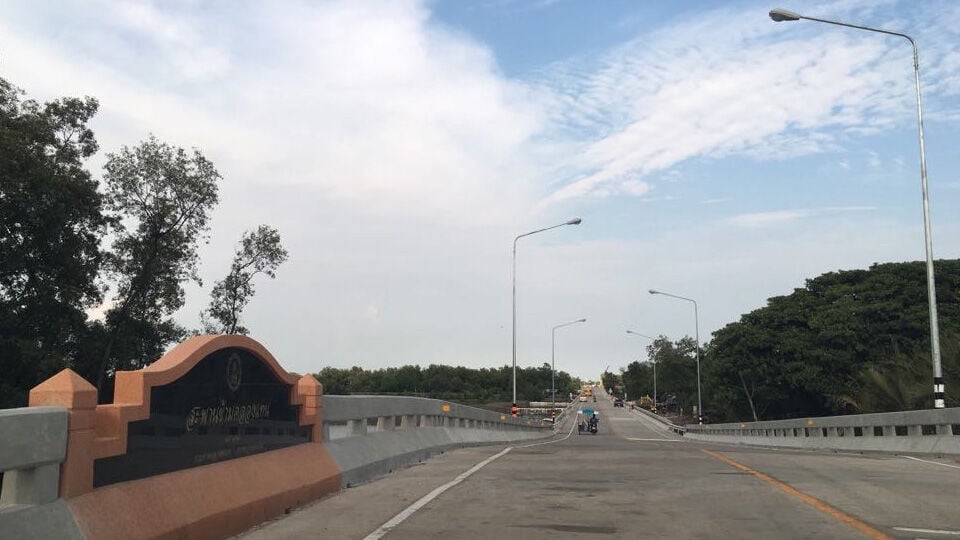
Thailand’s Expressway Authority (EXAT) is planning a new expressway spanning 71.6 kilometres to connect Samut Sakhon and Samut Prakan, aiming to significantly improve the transport infrastructure between these two provinces. The proposed project, named the Samut Sakhon-Samut Prakan Riviera, was disclosed by a source familiar with the matter.
The project, with an estimated budget of 109.25 billion baht (US$3.2 billion), envisions the construction of a new expressway linking Highway 35, known as Rama II Road in Samut Sakhon, with Highway 34, or Bang Na-Trat Road, in Samut Prakan’s Bang Phli district. This substantial investment is aimed at enhancing connectivity and easing traffic congestion in the area.
EXAT is seeking to elevate the project’s priority status under the Paetongtarn Shinawatra administration. Currently deemed a low-priority initiative, EXAT plans to undertake a new feasibility study between 2026 and 2027 to reassess the project’s potential. According to the source, the study is expected to last one to two years.
The initial feasibility study did not consider the possibility of incorporating a railway line alongside the new road, which would significantly boost the project’s appeal to investors. The new study will address this oversight, potentially transforming the project’s attractiveness and viability.
The Transport Ministry is keen on integrating the project into the Department of Highways’ Motorway and Railway Master Plan (MR-Map). The Permanent Secretary for Transport, Chayatan Phromsorn, instructed EXAT to conduct a new study due to the increasing volume of traffic on this route.
“The increasing traffic volume on this route necessitates a thorough reassessment of the project’s feasibility,” stated the source.
EXAT’s current investment plan involves solely overseeing the physical construction of the expressway, with maintenance and operation responsibilities to be outsourced to a third party through an open bidding process. However, if the new feasibility study suggests that a private investor should build, operate, and maintain the expressway, the investment format may be altered accordingly, reported Bangkok Post.
“The new study will determine whether it is more beneficial to grant construction, operation, and maintenance rights to a private investor,” the source added.


